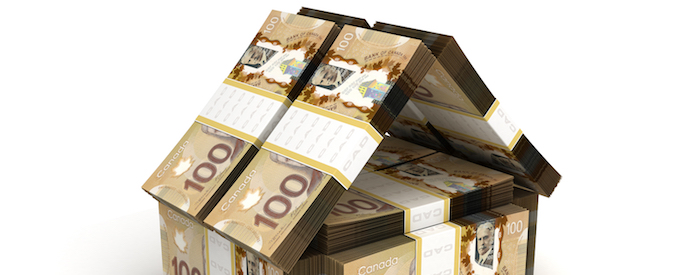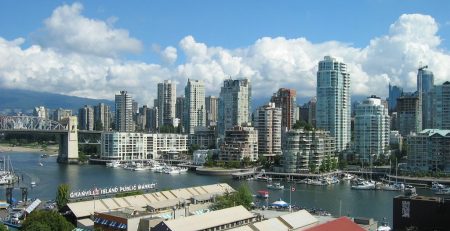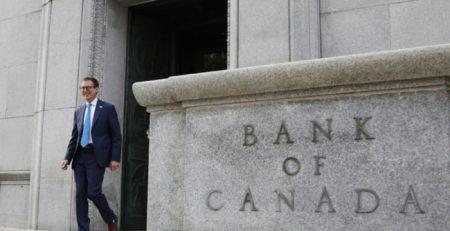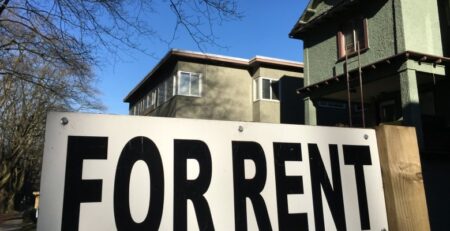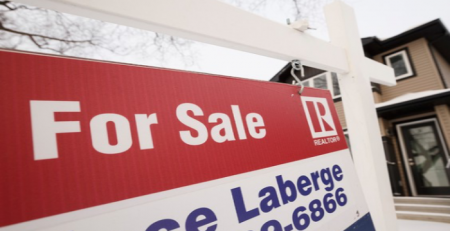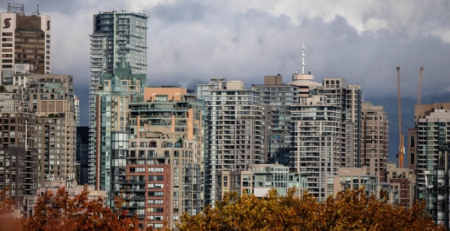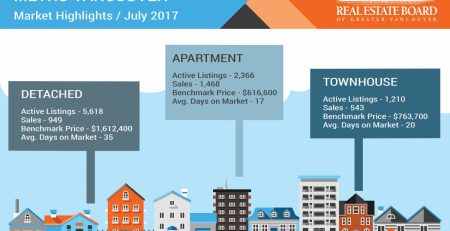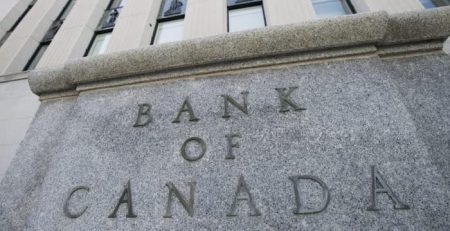2nd Quarter 2016 Canadian Economic Update – Your Dollars & Sense
QUARTERLY HIGHLIGHTS Q2 – APRIL 2016 – VERICO’s Economic Consultant, Michael Campbell helps us to understand the contributing factors to the strong performance of the Canadian Economy and what foreign investment really means for housing prices in Vancouver and Toronto. – A VERICO Exclusive.
INTEREST RATE HIKE?
The Bank of Canada (BOC) says there will be no interest rate hikes in 2016. There’s no need for one as there’s no inflationary pressure or demand pressure. The manufacturing sector may be recovering but it’s not expanding – hence no upward pressure on rates. As for a rate cut that many analysts have talked about, there is very little chance given the improving employment, retail sales and construction numbers.
The BOC is well aware of the role that the devalued loonie has played in helping the economy recover and it is in no hurry to push the loonie up by increasing rates. The Canadian dollar has already risen 13% from its January lows thanks in large part to the Federal Reserve for not following through on their promise to hike rates in 2016.
The bottom line is that the BOC doesn’t want a stronger dollar until our recovery becomes more secure especially given the global economic environment. Central bankers in United States and Canada are likely far more concerned about global shock impacting their respective economies than anything domestic. An economic shock is an event that produces a significant change within an economy, despite occurring outside of it. Economic shocks are unpredictable and typically impact supply or demand throughout the markets.
RESIDENTIAL REAL ESTATE DEBATE
After numerous warnings about the potential collapse of the Vancouver and Toronto housing markets – We are Still Waiting! The bottom line is that they have been wrong. The price vulnerability at the $2 – $3 million plus price range has little to do with affordability, and more to do with inflows of foreign capital.
If you divide the residential market into 2 segments – single detached Vancouver homes and entry to mid level condos and houses in the distant suburbs. Prices of entry to mid level condos and lower priced houses in the suburbs are principally impacted by low mortgage rates and inmigration.
So the price risk is really about the likelihood of falling demand due to rising interest rates and a significant drop off in the number of people moving to Greater Vancouver (and to a lesser extent Toronto).
There is no evidence to suggest that those two critical factors are changing. The BOC has stated that rates are going to remain stable into 2017 and the strong BC economy will continue to attract in-migration from Alberta and other parts of Canada.
There’s also no sign that new building supply will be sufficient to meet the demand created by newcomers moving to Greater Vancouver and millennials moving out of their parents basements.
DANGER OF A BIG PRICE DECLINE AT THE UPPER END?
It’s only in the last year that people are starting to understand the impact of foreign buying on the price of single detached houses in Vancouver and the accompanying ripple effect on the immediate suburbs. We still don’t have a lot of data but some firms and financial firms have provided some insight but it is likely that most don’t understand the nature of the trend and why the probability is strong that it will keep going.
The foreign buying from China, Iran, and other troubled areas in the world is motivated by a lack of confidence in their home government. So they move their capital in search of safety.
The list of preferred destinations and investment vehicles is relatively small compared to the amount of capital moving – (1.2 trillion left China 2015). US treasury bonds are the first choice followed by other assets like stocks, real estate and art. And when it comes to real estate New York and, London top the list of preferred markets but Vancouver and Toronto, along with Sydney, Melbourne and Singapore now occupy a close second.
Billions of dollars are pouring into these markets, which has resulted in sharp increases in prices – along with complaints about foreign ownership.
The question about the stability of the $2 – $3 million plus residential markets in Vancouver and Toronto is really about the prospect for continued inflows of foreign capital, especially from China. If that capital stops coming due to escalating efforts by the Chinese government to stop money from leaving the country or the federal, provincial or municipal governments enacting laws that prevent or discourage foreign buying, then activity at the upper end will decline significantly. But without that type of push by government – there is no reason to suspect that the inflows will stop because the problems in other parts of the world aren’t going to go away anytime soon.
But would a price collapse necessarily follow if the inflow of capital slowed and purchases declined due to government intervention. The probability is no. Sharp price declines are usually precipitated by forced liquidation as a result of credit problems. That is not the nature of the market in Vancouver or Toronto. While we don’t have the statistics, anecdotal evidence suggests that a big percentage of the upper end purchases are made with cash not credit.
For the high-end foreign buyers the whole point is to get as much money out of the home country (China, Iran etc) as possible and out of the reach of their government. The market may cool but unless some event or government action forces liquidation then prices will remain relatively stable due to the large cash component in the purchases.
One more factor – the drop in the loonie versus the Chinese renminbi (the system of currency of the People’s Republic of China, introduced in 1948) continues to put our real estate on sale, which further adds to the probability that the current trend of capital moving into the upper end of the real estate market in Vancouver and Toronto will continue.
5 FUN FACTS THAT YOU SHOULD KNOW
- Vancouver and Toronto’s working age population is growing 70% faster than the national average led by well educated immigrants, which means increased demand for residential real estate.
- According to the Real Estate Board of Greater Vancouver, 42,326 residential units changed hands last year.
- Canada was the #1 foreign buyer in US real estate buying $24 billion US in the six months ending March 31, 2016.
- National Bank estimates that up to 33% of the total investment in Metro Vancouver homes in 2015 is off -shore Chinese buyers. (Total value $12.7 Billion)
- Canada’s population between the ages of 20 to 44 is forecast to grow 2.8% over the next 5 years

